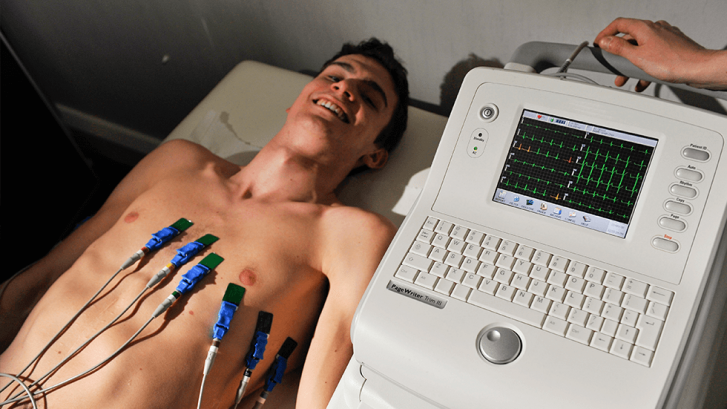ECG Tests – Before, During and After
In this fast evolving world where medical facilities and provisions keep adding up, an ECG or electrocardiogram test is not unheard of. Recommended to people with risk factors regarding heart ailments such as high blood pressure, chest pain or palpitation, an ECG registers the electrical activity of the heart.
As per specialists in ECG Test in Bani Park, Jaipur, the electrical activity of the heart is presented as line tracings on paper and consists of dips and spikes known as waves. By keeping an account of the rate and rhythm of the heart, an ECG test can reveal heart enlargements due to hypertension and symptoms of myocardial infarction. It also helps detect any unusual activity in the heart implants and whether or not heart medicationis proving effective.
To make you understand the concept of ECG better, here’s an outlook of things before, during and after ECG: –
Before ECG
Before taking up ECG, you need to prepare yourself for the test. Although it is a totally safe procedure, there are a few things that you can take care of. This involves informing your doctor about your complete medical history, the problems you face and the supplements you are taking, as some can affect the result of your ECG test.
During the Test
To begin with the test procedures, the arms, legs and chest region of the patient’s body are shaved clean, followed by the attachment of several electrodes to those areas. These electrodes are in turn attached to a machine that graphicallytraces the electrical activities of the heart. While taking the test, the patient is expected to keep still. He/she may further be asked to control the breathing for an infinitesimal amount of time by the doctor. The test usually extends up to 10 or 15 minutes.
After the Test
Since the processes involved in an ECG test are not complex or surgical, you will be discharged on the same day you take the test. After the test, you can freely resume your regular activities. Specialists conducting ECG test in Bani Park, Jaipur further add that a follow up diagnostic test will be suggested by your doctor in case of abnormalities in the result.


